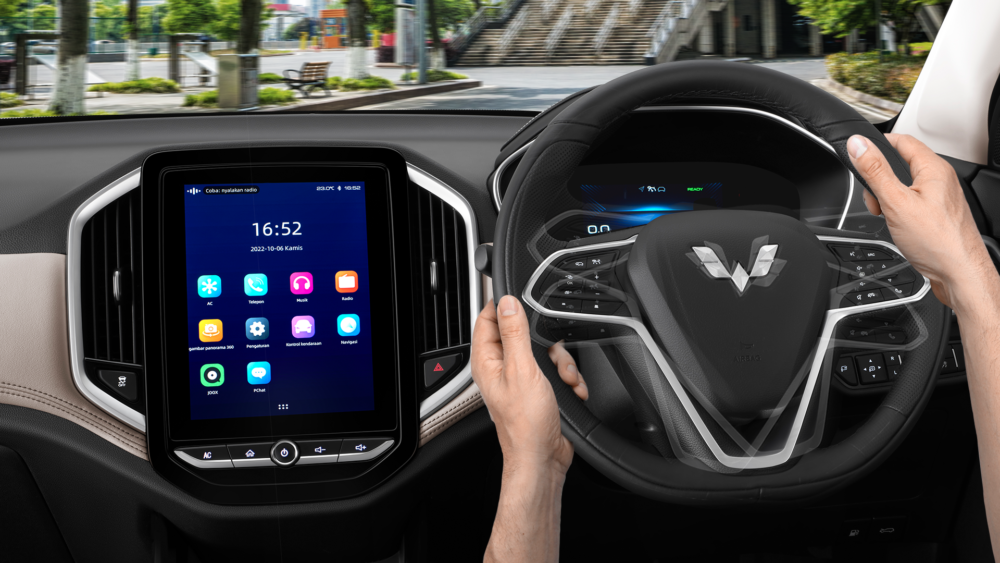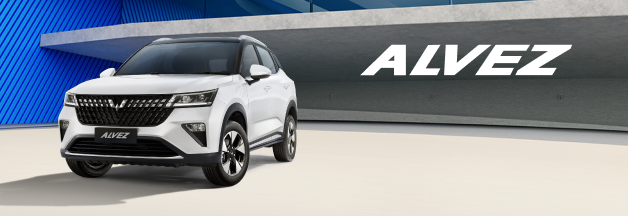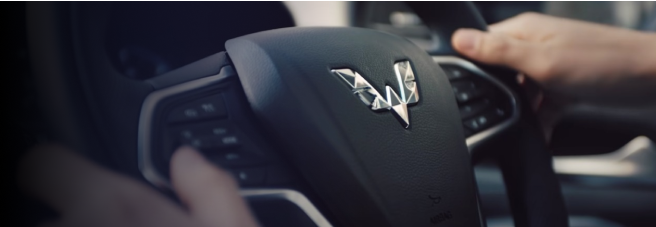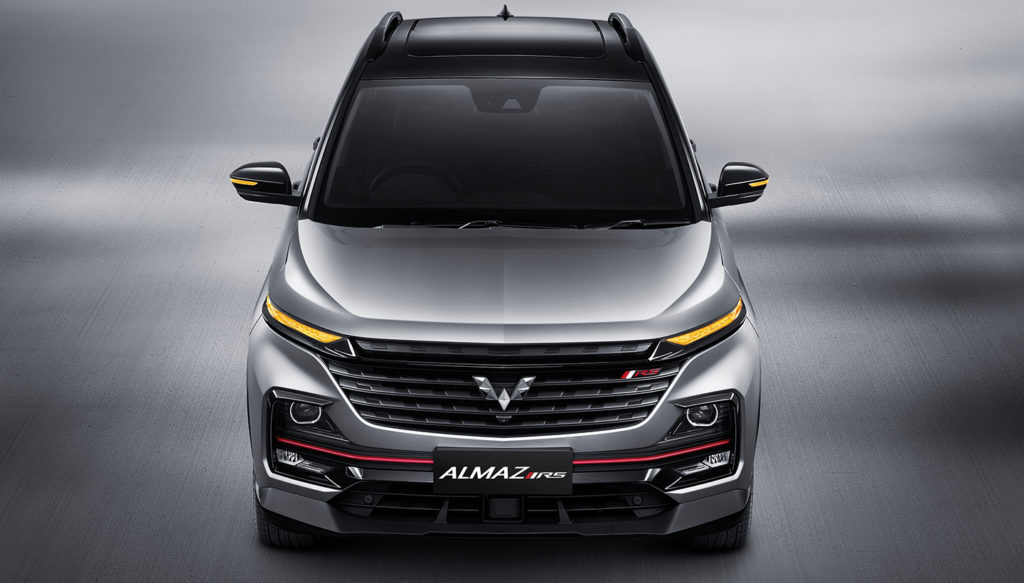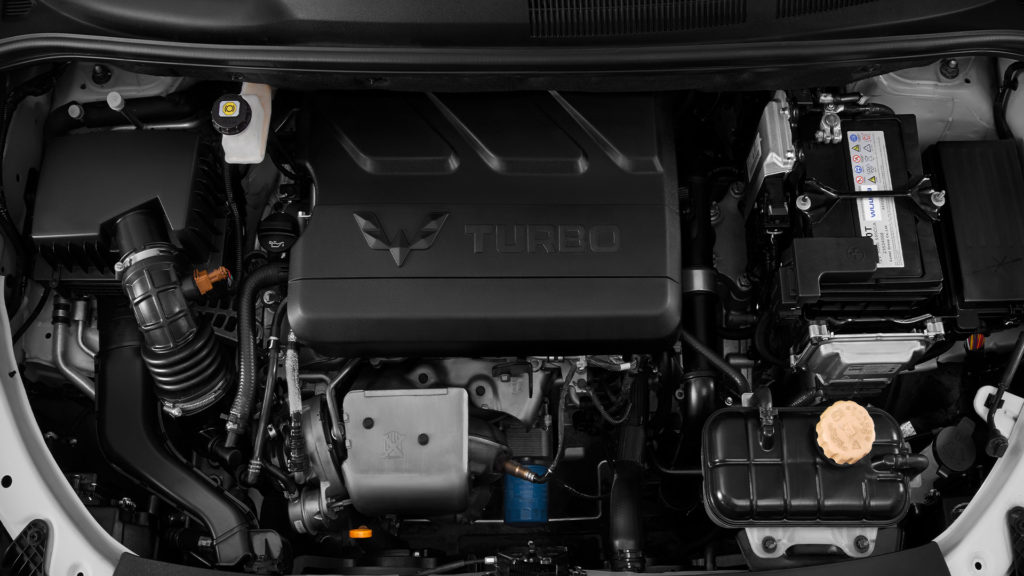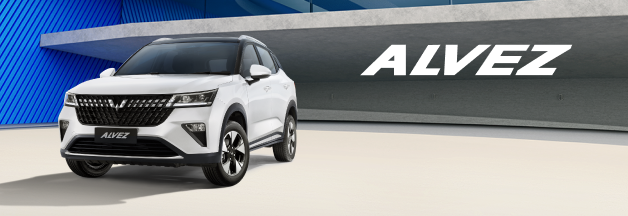What’s the Difference Between Understeer vs. Oversteer in Cars?

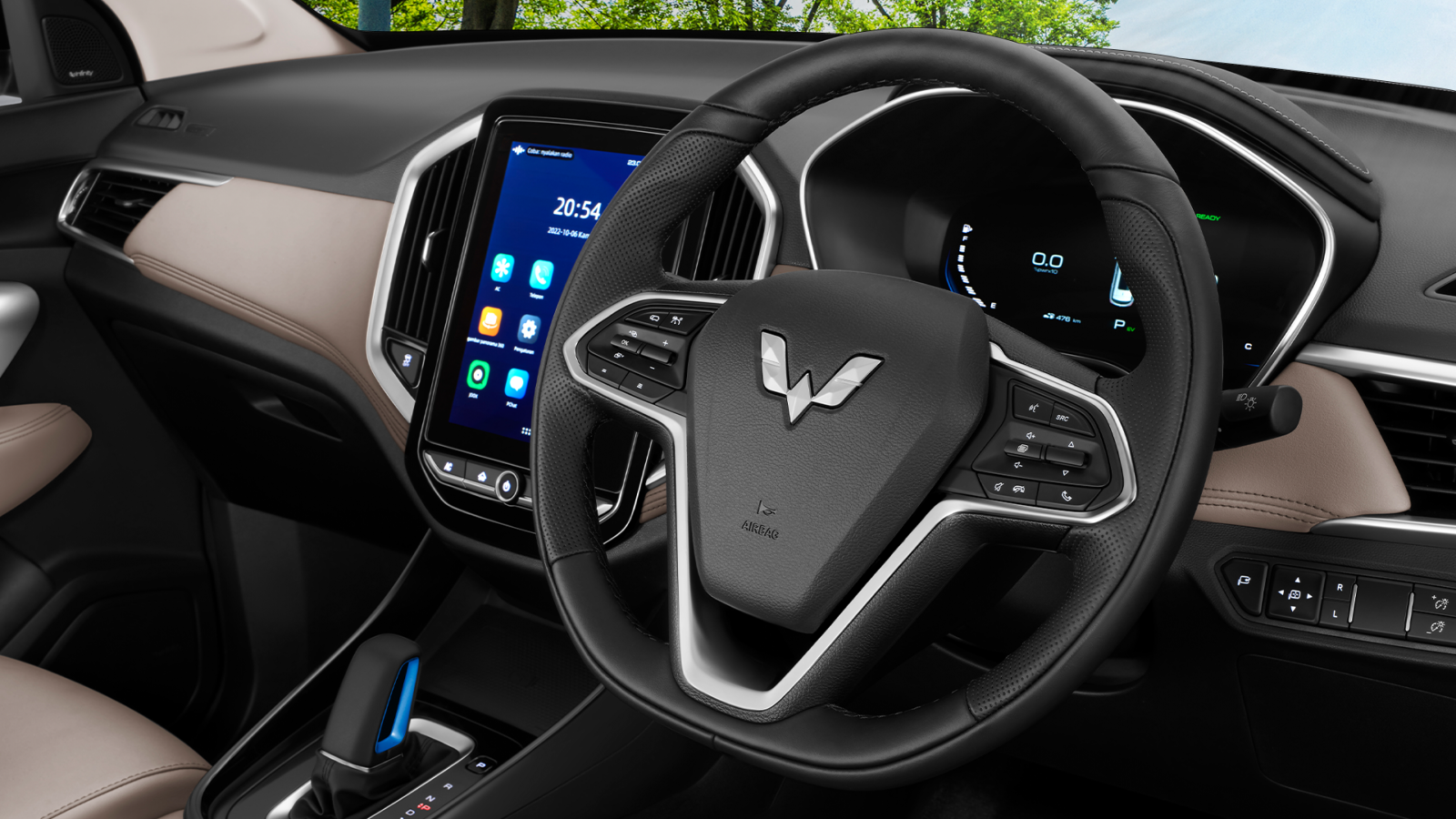
Understeer and oversteer are vehicle dynamics related to the steering wheel's sensitivity while driving. These two terms occur when the car's condition is not normal, so the driver and the passenger are endangered. Let me know more about the difference between understeer vs. oversteer and how to overcome them.
What is Understeer?
Understeer occurs when a car's steering performance is less than what has been instructed by the driver, so it cannot complete what is ordered. For example, the driver wants to turn left and has moved the car's steering wheel to the left as it should. But the car can't turn the wheels and move the car on command.
If the steering wheel has been turned sharply to the left but only moves slightly to the left, this is also included in the understeer condition. Usually, understeer is followed by screeching tires as the car's wheels lose pressure, especially when driving fast.
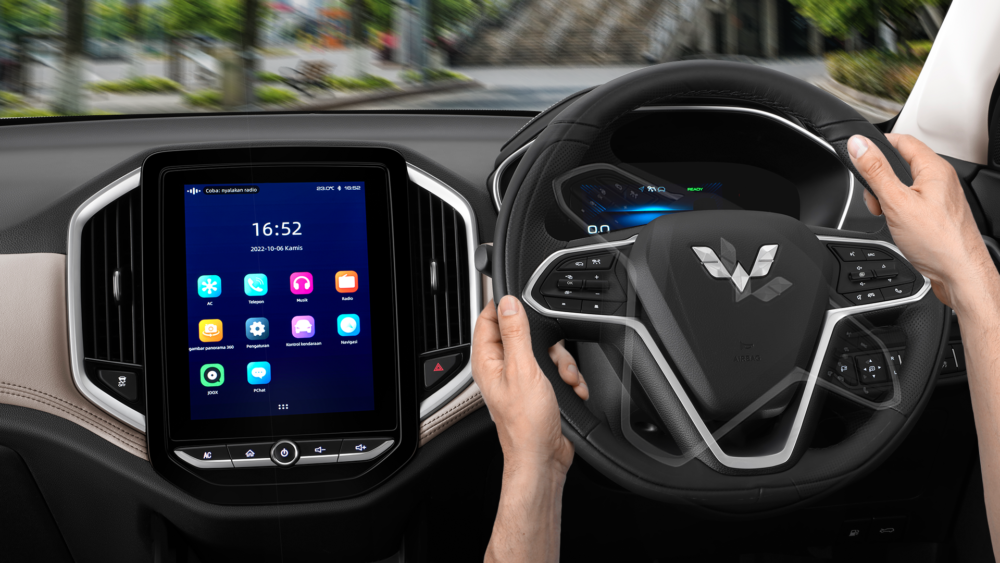
Cause of Understeer
Understeer usually occurs in front-wheel drive cars (Front Wheel Drive/FWD). Usually, understeer occurs when the driver tries to turn too fast. The front wheels have to do a lot of things in a short amount of time. Starting from sending power from the engine to the road, as well as adjusting the direction of the car and slowing the car down with the help of the brakes.
Baca Juga
Because there are too many tasks and the steering wheel load is too heavy, the front wheels can't handle it anymore. The front wheels will lose traction and won't be able to handle sharp turns. This will be very dangerous when we drive at high speed.
Then does understeer mean there are damaged car components? Take it easy. Understeer usually occurs when the driver drives fast and has to make a sharp turn suddenly. So it doesn't mean the car is damaged. We can still do many ways to avoid understeer.
How to Overcome Understeer
The first way to avoid understeering is to drive at medium speed. Avoid speeding so you don't have to make sharp turns. If it's already over and you feel the car is going to understeer, instead of braking, which will increase the work of the front wheels, it is advisable to reduce the pressure on the gas pedal. Release the brake gently, do not take your foot off one pedal abruptly.
Some cars are equipped with features that can overcome understeering. For instance, the Almaz Hybrid car has an ESC feature that can minimize understeering when maneuvering. ESC is an Electronic Stability Control, whose function is to improve car control so that car tire slippage does not occur. Driving with an Almaz Hybrid is even smoother!
What is Oversteer?
So what's the difference between understeer and oversteer? Oversteer is a problem that is often encountered in rear-wheel drive cars (Rear Wheel Drive / RWD). The rear wheel should only be in charge of sending power from the engine to the road and for braking only. So if the rear wheels have to deal with too much pressure on the steering wheel, the wheels will lose traction, and oversteer will occur.
Baca Juga
What happens if the car is oversteered? In extreme cases, oversteering can cause the car to spin out of control. Oversteering can also be controlled, but usually only by experienced drivers. In films like Fast and Furious, we know drifting or power sliding. But under normal conditions, oversteering is not desirable.
Cause of Oversteer
Oversteering usually occurs when the car turns, and the driver exerts more force than necessary, so the tires can't handle it. The tires also slip as they try to overcome it by pushing in the opposite direction to the direction of the turn, so that the rear of the car seems to jerk.
Oversteering can also occur because the driver brakes too hard when making a turn. It could also be because the driver suddenly releases his foot from the pedal. This problem is not a normal thing to happen on the road, but it can be a good attraction in a racetrack or drift competition, and if it happens on a normal road, it can cause a life-threatening accident.
How to Overcome Oversteer
The way to avoid oversteering is roughly the same as understeering, which is to drive slowly. As much as possible, do not be too fast on the streets to reduce the risk of oversteering. Usually, drivers who accelerate too suddenly become the main cause of oversteering. In a situation like this, it's best to calm down and reduce the speed first.
Try to stay in the desired lane and avoid braking too suddenly. For those new to driving and who have to drive a RWD car, make sure to practice your driving skills diligently so you can be more confident when driving an RWD.
When it's raining, the possibility of understeering or oversteering can increase because the friction between the tires and the road is reduced. Tires are an important part of understeer and oversteer. So make sure to check tire pressure regularly.
Now that's the difference between understeering and oversteering. Both are equally dangerous and must be addressed immediately to avoid harming you and others when driving.
SHARE:






